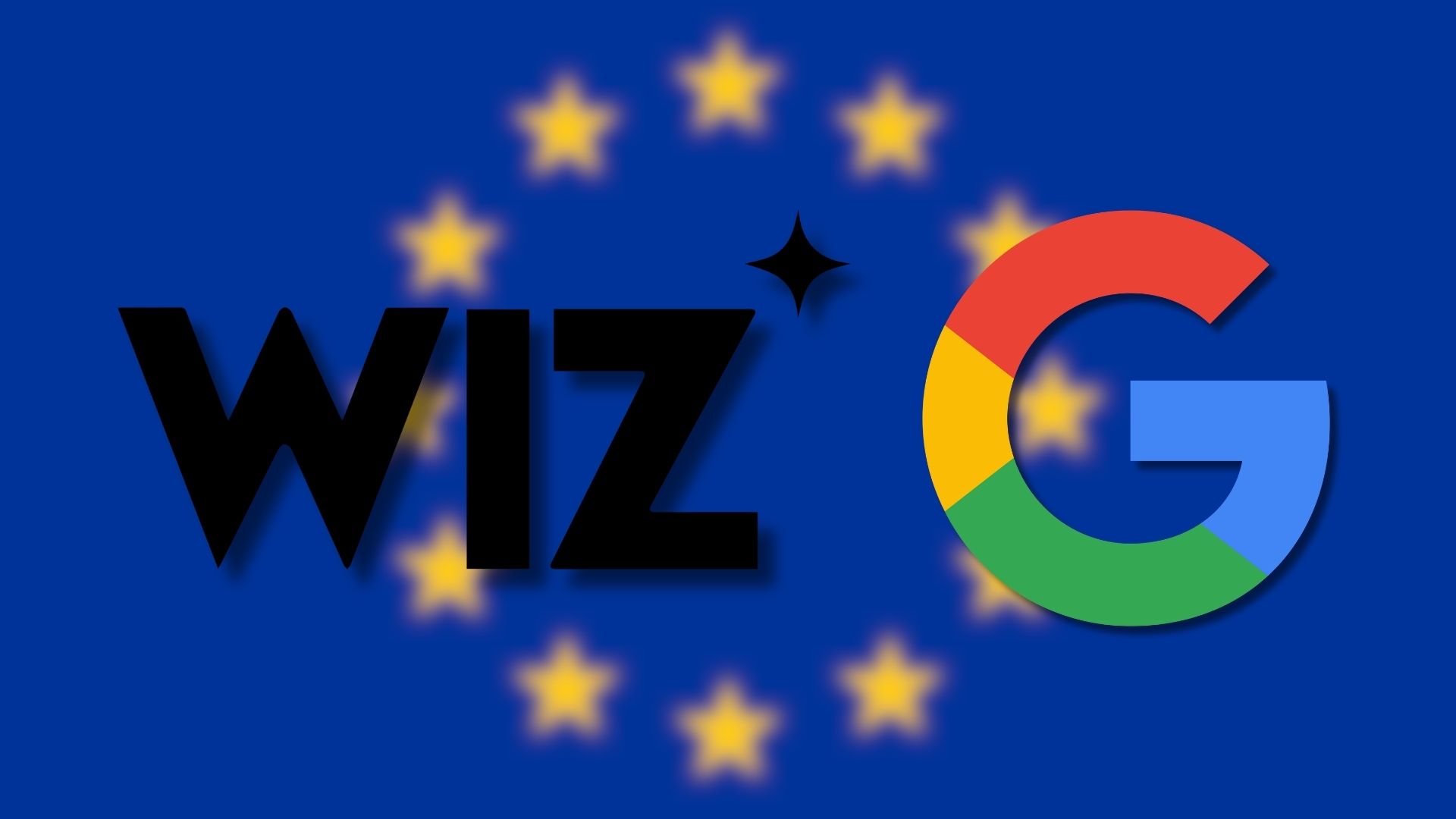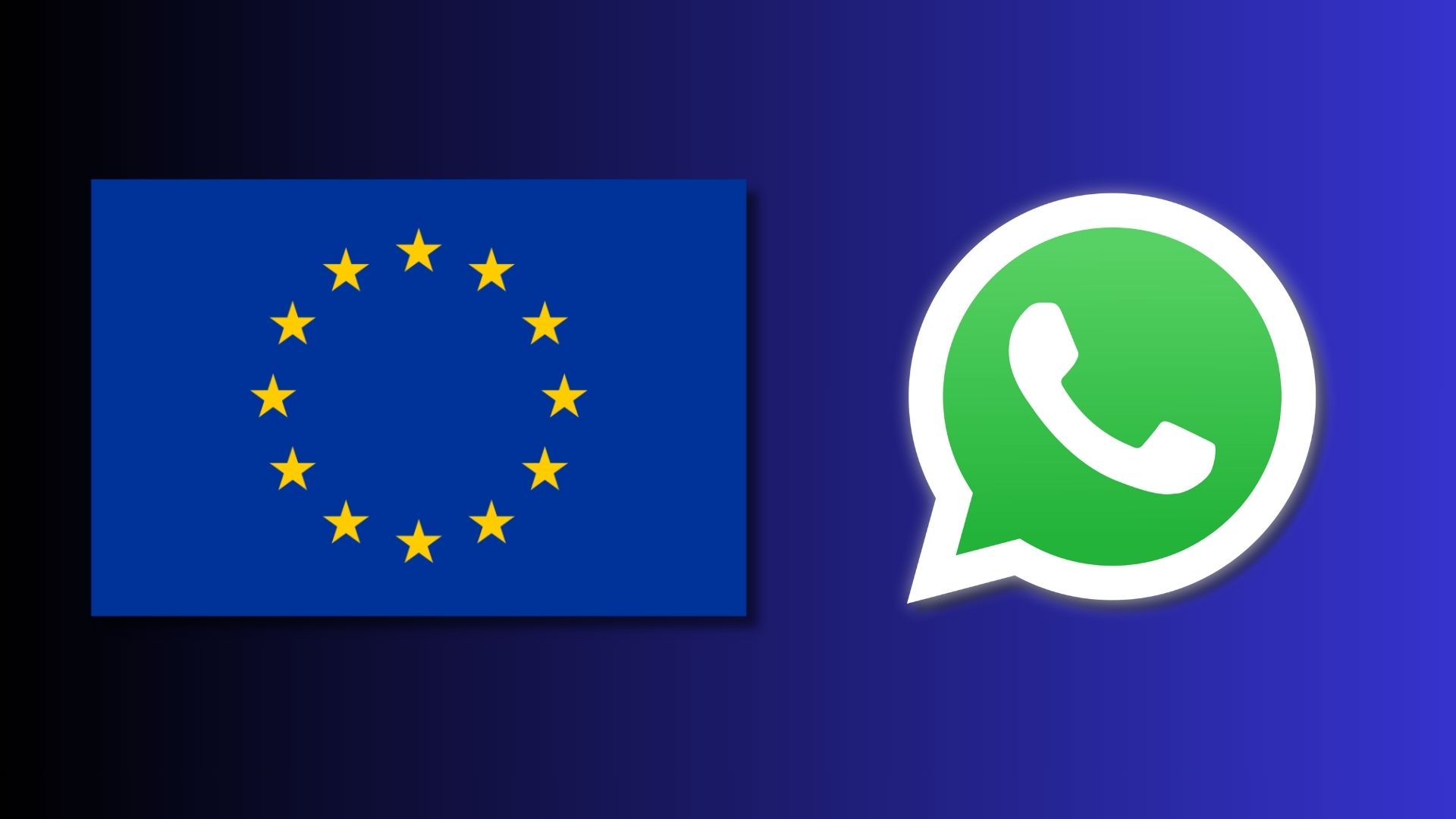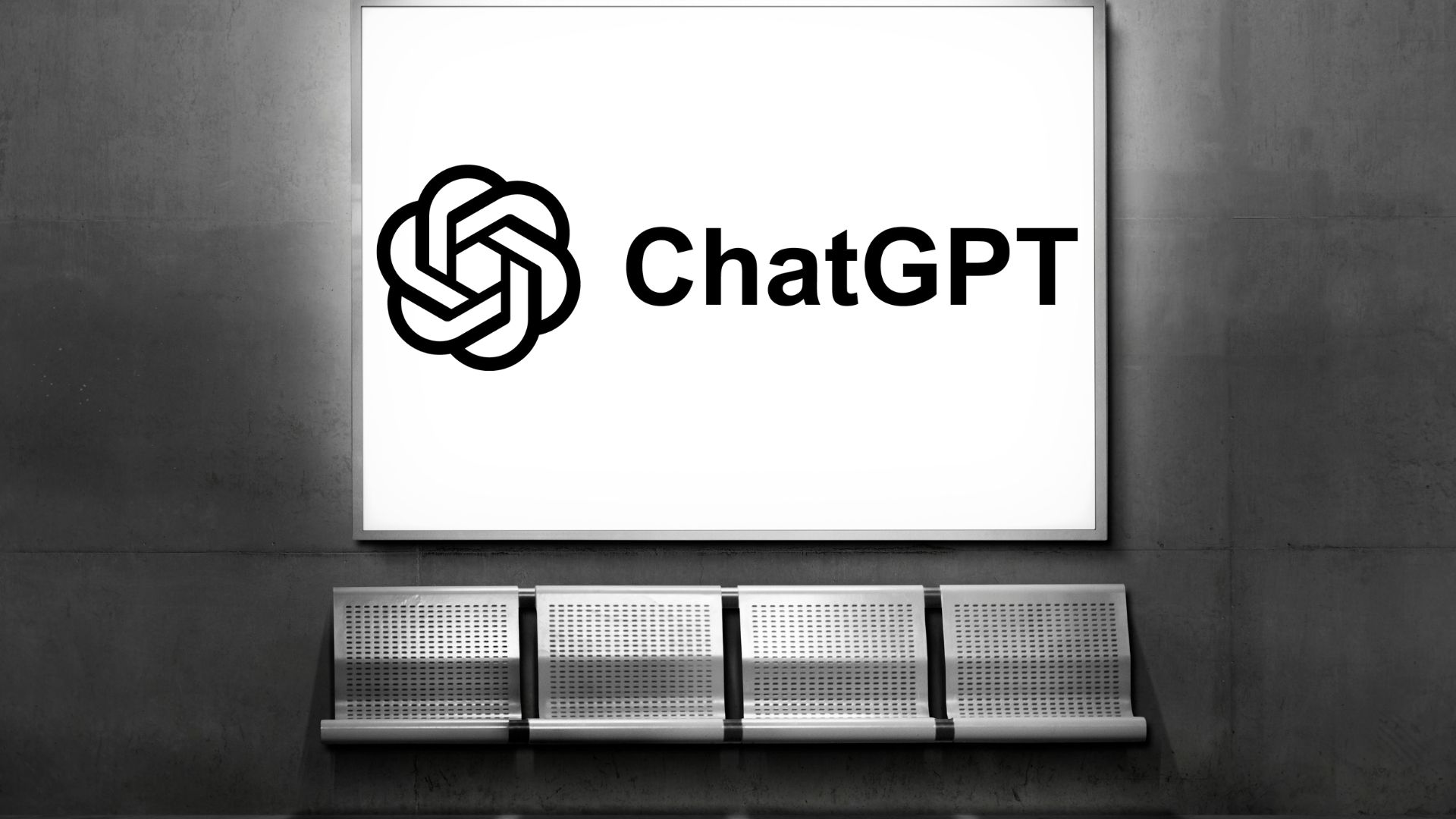The European Commission has unconditionally approved Google’s proposed acquisition of Wiz under the EU Merger Regulation, concluding that the deal raises no competition concerns in the European Economic Area.
The assessment focused on the fast-growing cloud security market, where both companies are active. Google provides cloud infrastructure and security services via Google Cloud Platform, while Wiz offers a cloud-native application protection platform for multi-cloud environments.
Regulators examined whether Google could restrict competition by bundling Wiz’s tools or limiting interoperability with rival cloud providers. The market investigation found customers would retain access to credible alternatives and could switch suppliers if needed.
The Commission also considered whether the acquisition would give Google access to commercially sensitive data relating to competing cloud infrastructure providers. Feedback from customers and rivals indicated that the data involved is not sensitive and is generally accessible to other cloud security firms.
Based on these findings, the Commission concluded that the transaction would not significantly impede effective competition in any relevant market. The deal was therefore cleared unconditionally following a Phase I review.
Would you like to learn more about AI, tech, and digital diplomacy? If so, ask our Diplo chatbot!










